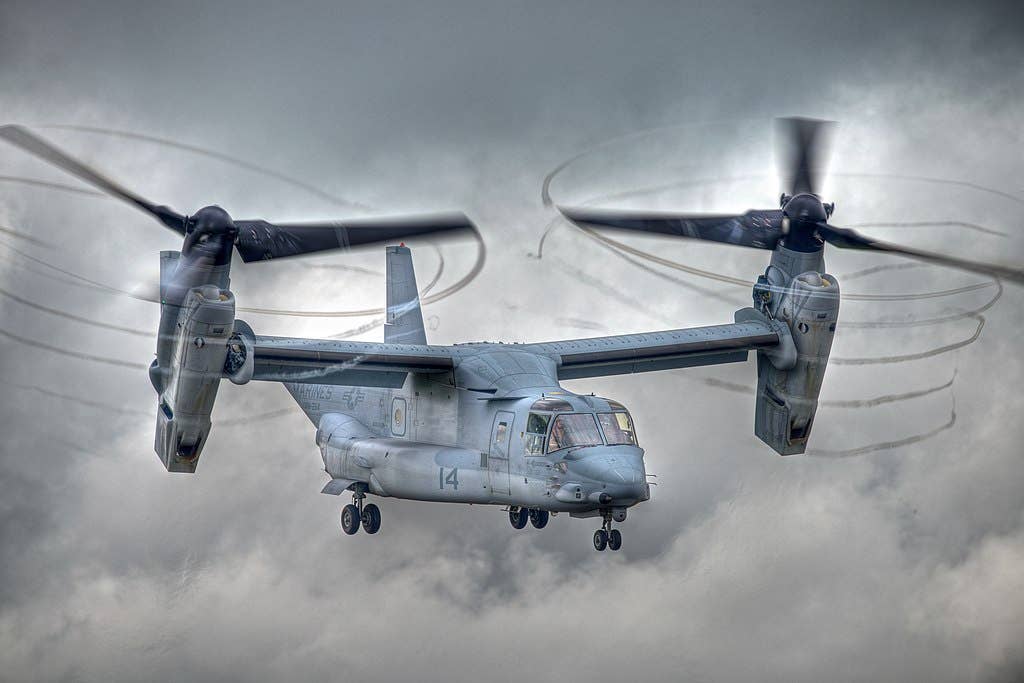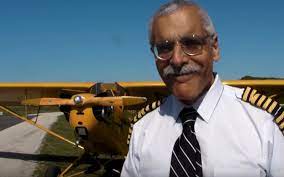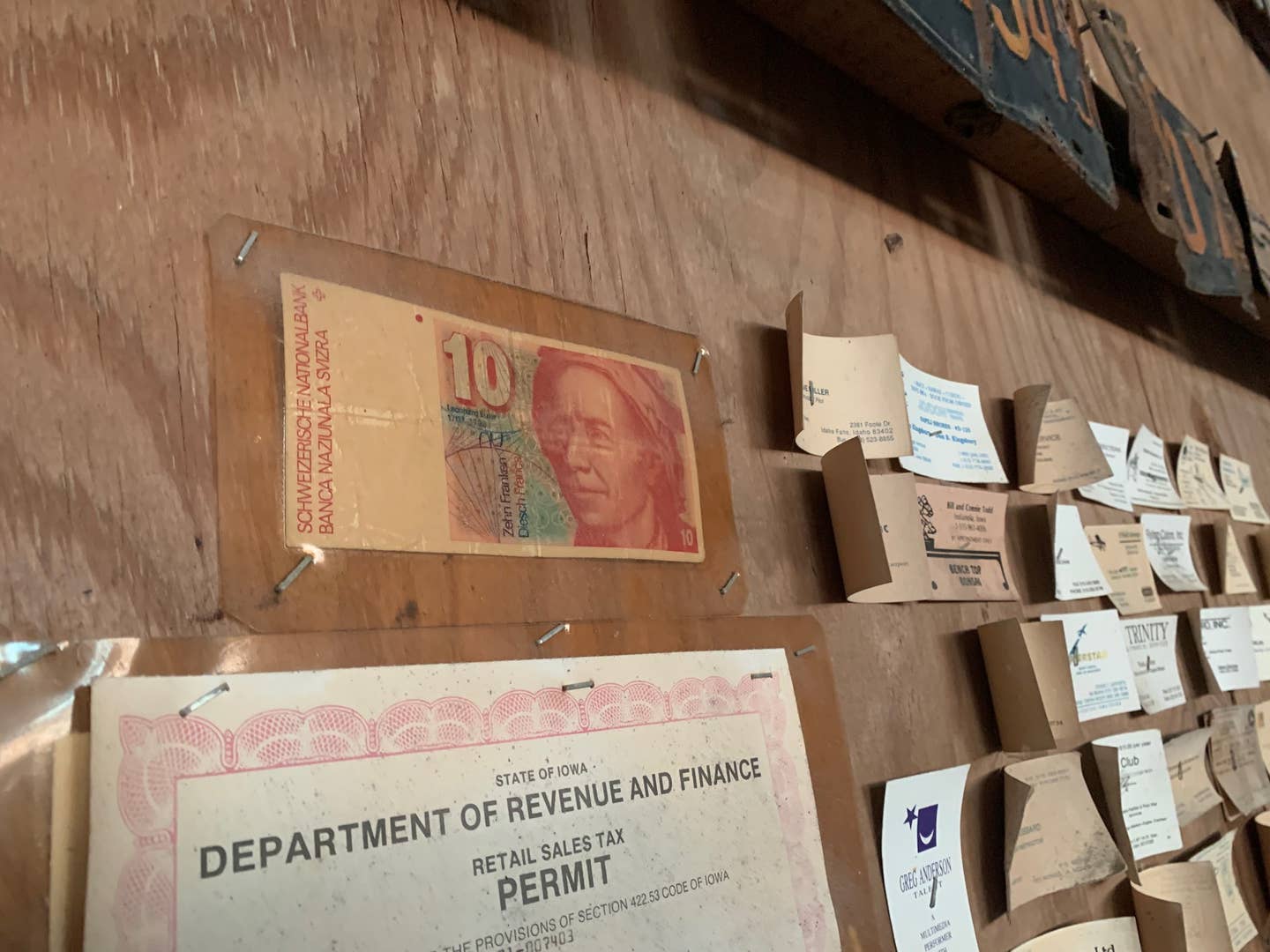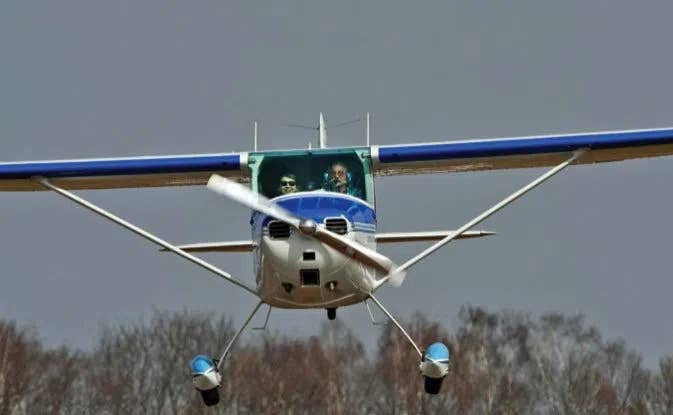Top Letters And Comments, October 11, 2019
This week’s letters brought comments from readers about declaring an emergency, pilot skills, and giving rides in warbirds.
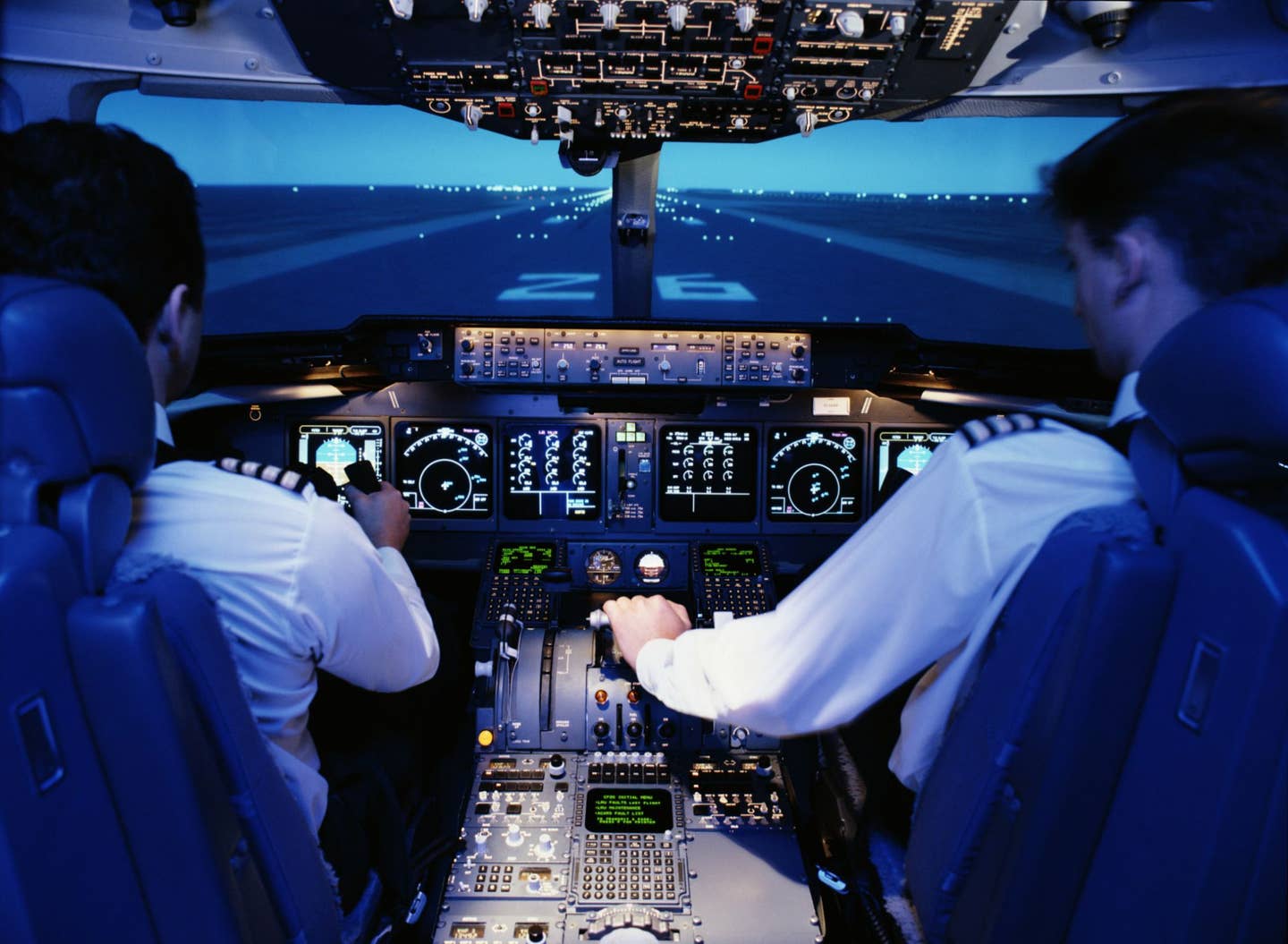
Emergency: Declare Early, Declare Often
I learned the power of saying things out-loud when I was in “the box” (a Redbird, but close enough for us GA-ers) and the instructor failed stuff on me in IMC and I had to actually use the words “I’m declaring an emergency”. I had never actually used the phrase before (thankfully because at that point, I had never actually needed to), and it felt ominous…even though it was only a simulation and wasn’t real. Since then, I have most of my clients actually have to say the phrase when we’re simulating an emergency so they can get used to what it feels like to do so (and what it’s like to hear themselves utter the phrase).
As for my own experiences, I had to declare once (not getting full power in a Warrior on takeoff – it ended up most likely being carb ice and a bit on the backside of the power curve from the student’s takeoff) and had one declared on my behalf one other time (also by NY approach). In the case of the non-declared one, I experienced engine roughness on an IFR (in VMC) climb-out passing through 5000′ that wasn’t due to a mixture setting or carb icing. I had plenty of altitude, the engine was still running, it was practically severe-clear, and there was almost no other traffic at the airport, so I didn’t feel it required priority handling…other than wanting to stay at altitude longer.
Gary B.
FAA Wants Action On Declining Pilot Skills
Practice makes perfect is the old adage. I believe practice makes permanent. Therefore, what you practice is of utmost concern.
Since the advent of this quantum leap in automation, what is being practiced in daily flying results in very little hand flying. Likewise, training is geared toward developing the “automation” skills. Airlines run on very thin profit margins. So, sim time is geared toward practicing and confirming “automation” skills.
The FAA is now getting concerned about the lack of hand flying skills. This is not rocket science. Time, effort, sim programming, and those giving airline check rides will have to dedicate time dedicated toward hand flying. In addition to simply more hand-flying both in the sim and during pax flights, there has to be a airline corporate structure that will encourage that.
At this point, flight training in GA airplanes is geared toward “automation” skills. At this time the airman check rides are geared toward confirming “automation” skills. Today, airlines are encouraging the vast majority of the flying be done using “automation” only.
We are railing about the young generation of pilots being “children of the magenta line”. Airlines, flight training, and currency standards are all aimed at “automation” proficiency. With all this time and dedication to “automation” skills what would you expect the result to be…outstanding hand-flying skills?
And, to add more insult to injury regarding the skills of the “children of the magenta line”, the 1500-hour rule promotes those “children” as they become CFI’s, to share what they have learned as a result of the focus on “automation” flying. Consequently, those CFI’s are teaching what they have learned. It’s a vicious circle.
All of us are a product of our teaching, resulting practice of what we were taught, making permanent those fundamentals. If those fundamentals are flawed or inadequate, that is what has to change. We need to stop criticizing the new generation of pilots, accusing them of being poor flyers when they are simply responding to their “automation” training.
Those pilots forced into retirement today, were a product of hand-flying airman-ship training from the beginning because the airplanes from GA to the heavies were relatively low tech. As more and more automation was introduced, they learned that in addition to the fundamental airman-ship they already mastered and practiced. I believe by choice, most of those pilots saw the value of both perspectives taking on the responsibility of maintaining both skills because they were familiar with both…therefor seeing the value in both…even though they could see the corporate structure and emphasis changing. They are now retired or close to it…thinning the ranks quickly.
Without being trained in basic airman-ship being as important as mastering “automation” skills, young pilots are simply practicing what they have been taught then continuing that way regarding currency requirements because that is company policy. And that practice is becoming permanent. How will these new pilots have any perspective other than “automation” flying?
Mechanical/electrical components fail. Even aircraft designers are incorporating more “automation” into the background of airplane handling to make augment the resulting less perceived need for hand-flying skills.
Jim H.
Poll: In Principle, Do You Think It's a Good Idea to Give Rides in Warbirds?
- The short answer is NO. These old machines were never designed for passenger service and I’m willing to bet most of the passengers are oblivious to the dangers inherent in such flights. I do not agree, however, that these old warbirds should be grounded.
- As long as they are meticulously maintained by a certified AME.
- Yes, not only a good idea but an excellent one to remain in touch with our history.
- It depends on proper maintenance and pilot skills. I know of a B-17 that burned because of a fuel leak that was not fixed properly and a P-51 where it was being flown like a fighter and the pilot lost control.
- Demonstration flying at show okay but the rides should stop.
- At locations that can provide the intensive maintenance these aircraft require.
- It's not the airplanes, unfortunately it’s the people flying them. They don't have training appropriate training standards (if any at all) we need to move away from the good ole boys club in operations like this.
- They should be used for demo only.
- Rides to the general public, no.
- YES, but include a careful briefing and make sure they are listening.
- These rides are usually tied to donations. That is a slippery slope.
- Depending on pilot skills, condition of the aircraft, weather etc...
- Warbirds need better maintenance.
- Bad idea to give rides; good idea to keep them flying. Operators need to come up with a different revenue stream.
- If the plane is going to fly anyway, which it should, it shouldn't matter who's onboard.
- Depending on the individual aircraft, I don't see any problem so long as the pax has been informed of the risks and has given consent.
- Yes, we have become a risk adverse society. Life is full of risks stop trying to mitigate them all.
- Pays your money, takes your chances like everything else in life.
- With quality systems and training requirements for mechanics, crews and ground support teams.
- Depends of aircraft maintenance and pilot experience with that aircraft (so, like any plane).
- I don't think politicians should be making statements about something they have no knowledge about.
- Yes. It's not my place to tell them not to.
- Not any longer to the public. However, warplanes that are flyable & airworthy should continue to fly at airshows.
- Rides are OK, rides for renumeration are not.
- It is the paying customers choice. Make the consumer fully aware of the risks and dangers. Again it's their choice.
- Paid rides means that they need to meet all commercial regulations. Do Warbirds?
- No problem with excellent maintenance.
- Yes, with careful informed consent as well as policies and procedures in place to ensure proper maintenance and training.

